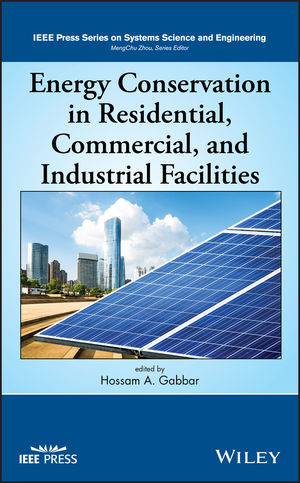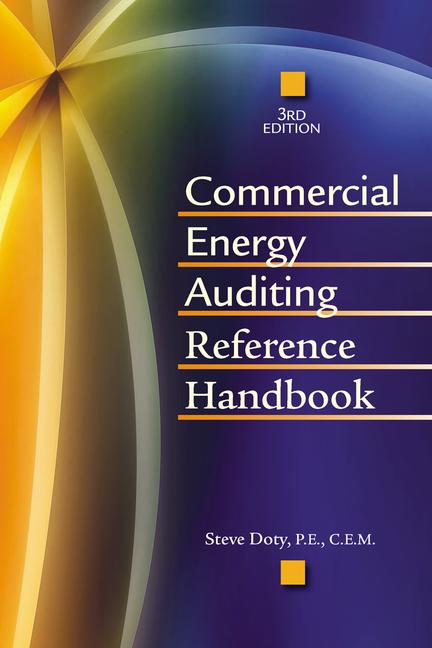ASHRAE announced that the Utah legislature has passed HB 218-Construction Code Modifications, adopting the full commercial provisions of the 2018 International Energy Conservation Code and ASHRAE 90.1-2016.
According to ASHRAE, the adoption will provide a cost-effective way to reduce energy consumption and associated emissions, as well as lower utility costs.
The 2018 IECC and ANSI/ASHRAE/IES Standard 90.1-2016 outline minimum efficiency standards for commercial and residential buildings.
“ASHRAE commends Utah’s legislature for adopting the latest commercial energy code and ASHRAE 90.1 energy standard,” said ASHRAE President Sheila J. Hayter, P.E.
Commercial provisions fall into four main sections: building envelope, mechanical systems, electrical power and lighting, and service water heating. Residential provisions are distributed among the first three. Standard 90.1-2016 defines efficiencies in six areas: building envelope, HVAC, domestic hot water, power, lighting, and other equipment.
Utah Clean Energy’s Energy Efficiency program director, Kevin Emerson, worked with Utah legislators and other stakeholders on the building code updates that were recommended by Utah’s Uniform Building Code Commission, of which he is a public member.
“Increasing the energy performance of new commercial buildings is a direct win for energy efficiency and improved air quality in Utah,” said Emerson. “Utah Clean Energy works on cost-effective ways to reduce pollution, and updating building energy codes is one of the best tools available to cut energy waste, reduce pollution, and lower building operating costs.”
“These improvements will positively impact not only the new commercial buildings in Utah, but building owners and occupants, and all of us who share energy resources and depend on clean air,” said Phong Nguyen, ASHRAE Utah Chapter chair of government affairs committee.
In February 2018, the U.S. Department of Energy (DOE) Building Energy Codes Program issued a determination stating that ASHRAE 90.1-2016 would achieve greater energy efficiency in commercial buildings subject to the code. By February 27, 2020, all states must adopt a commercial building energy code at least as stringent as Standard 90.1-2016.






